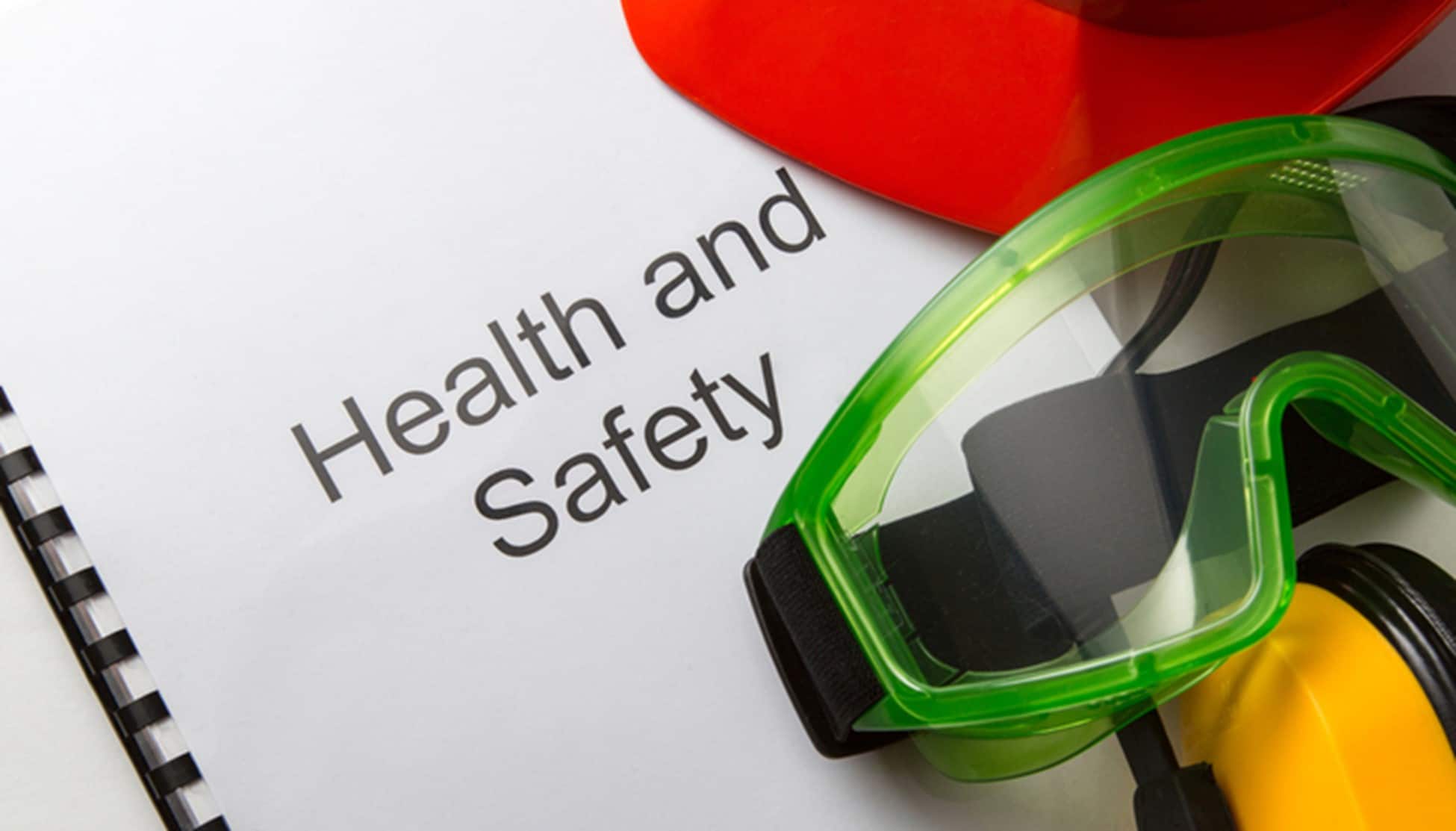
In order to live satisfying and fruitful lives, we must take care of our brain and mental health. In difficult times such as the pandemic we are facing, it doesn’t take much for mental disorders, such as an anxiety disorder, bipolar disorder, depressive disorders (like major depression), and even an eating disorder, to become more extreme. The constant bad news, uncertainty, and stress we endure can make matters worse. When people feel like they need some assistance, they want to turn to mental health specialists that can help them. In order to get the help you need, it is important to know how to choose the right brain health and mental health professional to help you.
Early Warning Signs of Mental Health Issues
Mental health disorders are a common occurrence. Millions of people around the world find themselves struggling with one form of mental illness or another. Because so many are living with these disorders, we must keep vigilant and look out for warning signs in ourselves and in loved ones. The fact of the matter is that mental health does not deteriorate overnight. The process is usually gradual and can usually be detected early on. In earlier stages, spotting the signs of mental disorders can reduce the severity of the illness or even delay or prevent illnesses from becoming a major problem. These are some of the early warning signs of mental health disorders:
- Sudden changes in sleep – either too much or too little.
- Changes in appetite – overeating or loss of appetite
- Pulling away from people and not finding joy in usual activities.
- Decreased amounts of energy
- Experiencing a feeling of numbness or apathy
- Unexplained pains and aches
- Feeling a sense of hopelessness or helplessness
- Turning to unhealthy coping mechanisms – smoking, drinking, drugs.
- Becoming more emotional, especially feelings of anger, upset, panic, worry, fear, and confusion.
- Increased irritability and moodiness – can lead to arguments and fights with friends and family
- Experiencing extreme mood swings
- Having relationship troubles – due to distancing or extreme mood swings.
- Persistent thoughts and memories that won’t go away.
- Hearing voices or believing things that are not true
- Inability to perform daily tasks
- Thoughts of self-harm or harming others.
Reasons Why People Don’t Seek Help
Mental disorders are a common occurrence that anyone can experience. Still, many people do not access existing treatment services and decide to tackle the issue on their own or, even worse, decide to ignore it, hoping it will go away. These are some of the biggest reasons why treating mental illness is difficult.
● Stigma
Stigma is the disapproval of an individual based on behavioral or physical characteristics that differentiate them from others. In our society, it is still common for people to have a negative attitude toward those that are suffering from a mental health condition. People fear the social stigma and potential discrimination they can experience if they speak up. This is why stigma is among the leading reasons why people avoid seeking help early on for mental health problems and getting the appropriate support they need.
● Lack of Understanding of Mental Health Problems
Many people seem to lack information about mental illness and their significance. In many cases, they are unaware that they are struggling with an illness. This often leaves people making decisions with limited or no knowledge of the matter. In most situations, people opt to ignore symptoms or feelings and wait for things to get better.
● Uncertainty Of How to Get Help
Many people that are inexperienced with asking for help are unsure how to do so. Many people who are considering visiting a mental health practitioner do not know how to find the appropriate professional care.
● Fear of Disclosing Mental Health Problems
Many people don’t seek help because they don’t want others to know they may have a mental health illness. They may worry that a diagnosed mental disorder will change the way people perceive them and change the way they are treated by family, friends, and colleagues. Many people also fear that a mental health problem may cost them their job or keep them from being hired.
What Kind of Mental Health Provider Do You Need?
There are numerous mental health providers available to help those in need. It can be quite intimidating when it comes to choosing the right mental health provider to help you. A good place to start is talking to your primary care physician and tell them about your symptoms. Your doctor can then refer you to a specialist who can assist in diagnosing and treating your condition in more detail. Mental health providers are professionals who have the knowledge, experience, and skill to diagnose mental health conditions and prescribe the appropriate treatment. There are a number of mental health professionals that you can turn to when you need help with a mental illness. Most of them have gone through schooling and obtained a master’s degree or other more-advanced education in their fields. These are some of the most common types of mental health providers.
Psychiatrist – Psychiatrists are physicians that specialize in mental health. They have gone through medical school and completed at least four years of additional specialized training in the treatment of mental disorders. Due to their advanced training, they are able to prescribe medicine and have at least basic training in psychotherapeutic approaches.
Psychologist – Psychologists are medical practitioners trained in psychology, the science that deals with emotions, thoughts, and behavior.
- Psychologists can diagnose and treat a number of mental health disorders, or provide counseling (one-on-one or in a group setting)
- Psychologists cannot prescribe medication unless they have a license to do so
- Psychologists work with healthcare providers who can prescribe medication.
Psychiatric-mental Health Nurses – A psychiatric-mental health nurse is a registered nurse that has the proper training in mental issues. Mental nurses, depending on their level of education and training, can offer mental health services, diagnose and treat mental illnesses, prescribe medications (advanced practice nurse). A psychiatric-mental health advanced practice registered nurse is a nurse with a master’s degree in psychiatric-mental nursing. Other types of mental health nurses include a certified nurse practitioner, a clinical nurse specialist, or a doctorate of nursing practice.
Physician Assistants – A certified physician assistant can practice medicine in collaboration with a physician or as a primary care provider. Physician assistants that specialize in psychiatry can:
- Diagnose and treat mental health disorders
- Provide counsel on diagnoses, treatments, and prognosis on mental health disorders
- Provide Education
- Prescribe medication
Licensed Clinical Social Worker – If you are looking to work with a social worker, look for a licensed independent social worker or a licensed clinical social worker with the appropriate training and experience in the field. These social workers can:
- Provide Diagnosis
- Offer counseling
- Cannot prescribe medication but can work with a mental health provider who can.
Licensed Professional Counselor – While the training required for licensed professional counselors and licensed clinical counselors varies from state to state, most must possess a master’s degree with clinical expertise to practice. They can:
- Provide Diagnosis
- Offer counseling
- Cannot prescribe medication but can work with a mental health provider that can.
What to Look For in a Mental Health Provider
There are many options when it comes to picking the right mental health practitioner. In order to make the right choice, consider the following factors:
What is your condition or concern? – Many mental health providers are trained to treat a wide range of conditions. However, there are practitioners with a specialized focus on specific disorders. Consider reaching out to a specialized practitioner who is a leading medical doctor in the field. This will ensure you have the best help possible.
Are you looking for counseling, medications, or both? – Not all mental health providers are licensed to prescribe medications. Depending on your concern and severity of symptoms, your choice might be to look for medication or just counseling.
What is your health insurance coverage? – Make sure to contact your health insurance provider to see what your policy covers when it comes to mental health services.
How to Find a Mental Health Provider
There are several approaches when it comes to finding a mental health provider.
- Going through an insurance company.
- Referrals and recommendations from a primary care provider
- Asking people you trust
- Conducting internet searches for professional associations that have directories of providers, such as the American Psychological Association
- Looking up mental health providers online or in listings
When considering working with a mental health provider, do not hesitate to ask questions. After all, we are talking about your mental well-being. It is important that you work with a medical doctor or other licensed professional to help you get the quality of care you need.








